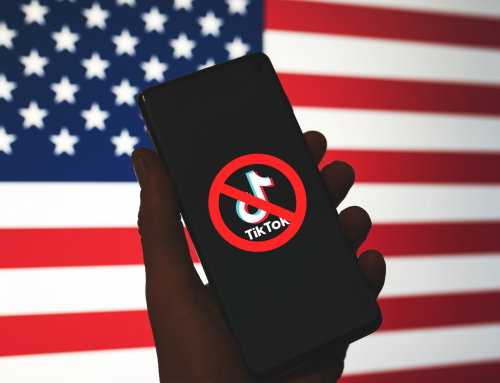Introduction to the technology
Apple AirTags were designed to make it easier to find lost items, from keys to suitcases. But these useful little trackers are now at the center of a privacy debate.
The main concern raised against Apple in the U.S. is the possible use of AirTags to stalk people. A U.S. class action lawsuit now claims that AirTags have “become the favorite weapon of stalkers.” More than 35 people have joined the suit, accusing Apple of not doing enough to combat AirTags stalking despite numerous warnings.
Serious allegations
The lawsuit highlights that AirTags stalking has led to extremely serious consequences in some cases, including murder. In one harrowing case, a young man was run over by his girlfriend who had allegedly used an AirTag to stalk him.
Hidden danger
AirTags’ small size and light weight make them easy to conceal in various objects, making them a potential privacy risk. The fact that they are so difficult to detect has led to additional challenges for those affected, from alleged trauma to financial charges.
Apple’s response
Apple has already made efforts to improve the security of AirTags. They have added features that send notifications when unwanted AirTags are nearby, and have even released an Android app to detect AirTags. These efforts have been praised by some organizations, but others, including the U.S. civil liberties organization Electronic Frontier Foundation (EFF), have criticized Apple, saying the efforts are not enough.
Future and criticism
The debate over AirTags’ security and privacy is at the heart of the tension between technology and privacy. Apple has not yet responded to the class action lawsuit, but reports indicate they could seek dismissal of the lawsuit by the end of October. The AirTags controversy underscores the growing importance of privacy in our modern technology-driven world. It remains to be seen how Apple and other tech giants will respond to these challenges and what security measures will be implemented in the future to ensure the well-being of users







